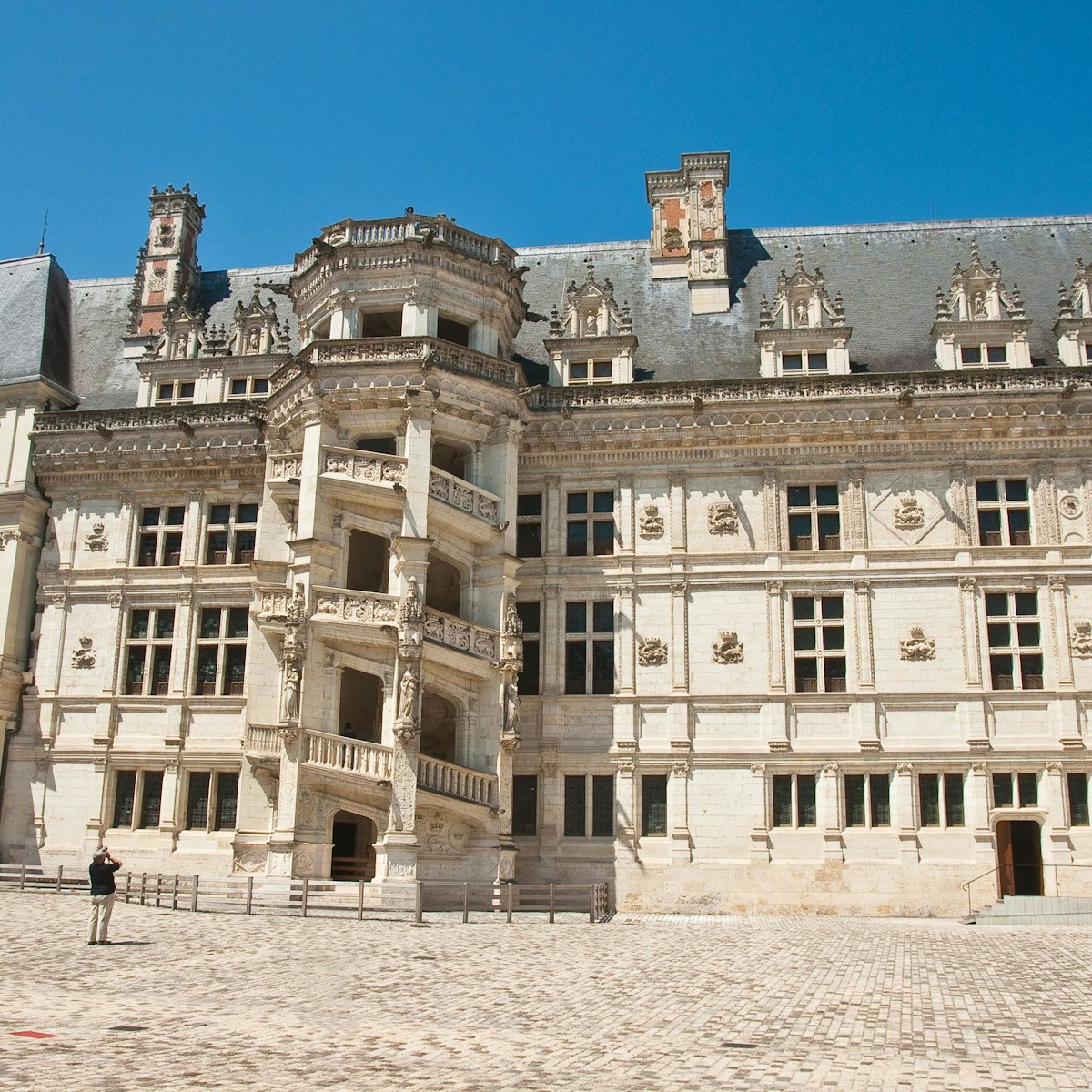Three kilometres south of Amboise, this seven-storey, vaguely Asian 'pagoda' (44m) was built between 1775 and 1778, when blending classical French architecture and Chinese motifs was all the rage. Clamber to the top for glorious views. From May to September, picnic baskets (adult/child тЌ12.50/7) are available, and you can rent rowboats (тЌ5 per hour) and т great for kids т play 18th-century outdoor games.

ТЉ Pack-Shot/Shutterstock
ЯуИлСљКЯВЪМДЪБПЊНБ's must-see attractions

6.55 MILES
Spanning the languid Cher River atop a graceful arched bridge, Chenonceau is one of France's most elegant chУЂteaux. It's hard not to be moved andтІ

29.73 MILES
If you only have time to visit one chУЂteau in the Loire, you might as well make it the grandest т and Chambord is the most lavish of them all, and theтІ

21.67 MILES
Villandry's six glorious landscaped gardens У la franУЇaise are some of France's finest, with more than 6 hectares of kitchen gardens, cascading flowers,тІ

21.61 MILES
Seven French kings lived in Blois' royal chУЂteau, whose four grand wings were built during four distinct periods in French architecture: Gothic (13thтІ

13.29 MILES
This extraordinary museum т an absolute gem! т spotlights France's renowned compagnonnages, guild organisations of skilled craftspeople who have createdтІ

25.37 MILES
Romantic, moat-ringed Azay-le-Rideau is celebrated for its elegant turrets, perfectly proportioned windows, delicate stonework and steep slate roofsтІ

26.87 MILES
The most medieval of the Loire chУЂteaux, Langeais т built in the 1460s т looks much as it did at the tail end of the Middle Ages, with crenellatedтІ

1.91 MILES
The most exciting Loire chУЂteau to open to visitors in years, Gaillard is the earliest expression of the Italian Renaissance in France. Begun in 1496, theтІ
Nearby Amboise attractions
1.67 MILES
Perched atop a rocky escarpment above town, Amboise's castle was a favoured retreat for all of France's Valois and Bourbon kings. Only a few of theтІ
1.67 MILES
It was at the invitation of FranУЇois I that Leonardo da Vinci (1452т1519), aged 64, took up residence in this grand manor house, built in 1471. An admirerтІ
1.91 MILES
The most exciting Loire chУЂteau to open to visitors in years, Gaillard is the earliest expression of the Italian Renaissance in France. Begun in 1496, theтІ
6.55 MILES
Spanning the languid Cher River atop a graceful arched bridge, Chenonceau is one of France's most elegant chУЂteaux. It's hard not to be moved andтІ
8.85 MILES
This wine estate has a wine museum and offers tastings; the ridge-top chУЂteau is not open to the public.
11.11 MILES
Perched quietly beneath an imposing 12th-century donjon (keep), the town of Montrichard, 9km east of Chenonceau, is a perfect spot for a fizzy break. JustтІ
7. ChУЂteau de Chaumont-sur-Loire
11.61 MILES
Set on a strategic bluff with sweeping views along the Loire, Chaumont-sur-Loire is known for three things: the chУЂteau itself, which has a medievalтІ
12.5 MILES
Idyllically situated amid rolling countryside near CУЉrУЉ-la-Ronde, this turreted chУЂteau, furnished by the family in the late 19th and early 20th centuriesтІ